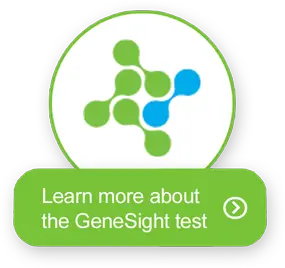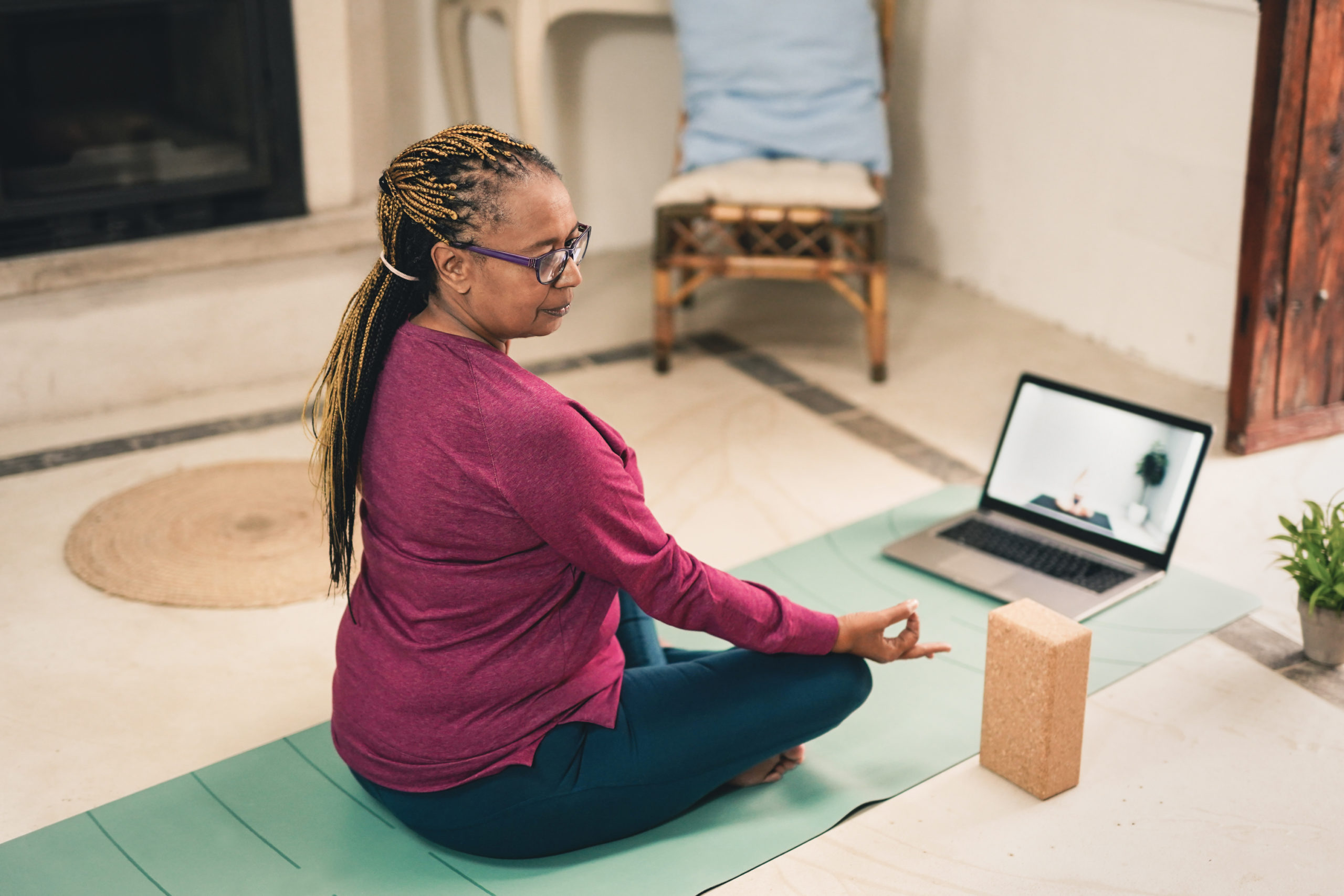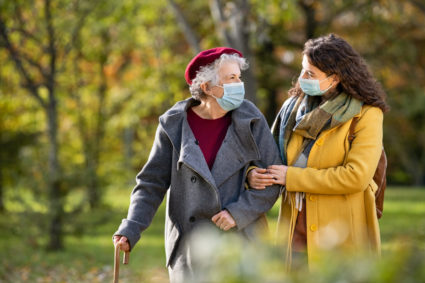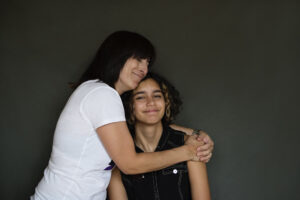You notice that your elderly relative or friend has withdrawn from activities they once loved. Or they have body odor or uncombed hair. Or maybe they’ve lost weight or are suffering from insomnia.
But, when you ask if they are okay, they claim to be fine.

While there are many questions, finding answers may be difficult. Sometimes recognizing depression in seniors can be tricky.
“It often is difficult for the depressed elder to describe how he or she is feeling. In addition, the current population of older Americans came of age at a time when depression was not understood to be a biological disorder and medical illness. Therefore, some elderly fear being labeled ‘crazy,’ or worry that their illness will be seen as a character weakness,” according to the Geriatric Mental Health Foundation.
If your senior loved one has exhibited sad, agitated, or dysfunctional symptoms for more than two weeks, the person with those symptoms may be depressed. Depression is a clinical disorder that can and should be treated.
The Geriatric Mental Health Foundation writes that “untreated, depression may last months or even years … When it is properly diagnosed and treated, more than 80 percent of those suffering from depression recover and return to their normal lives.”
Depression Diagnoses and Treatment Plans

Then, they may evaluate further through the use of a depression diagnostic tool, such as the Geriatric Depression Scale (GDS). The GDS differs from other screening tools as it considers that depression symptoms may present differently in younger and older adults. The questions in the GDS focus on mood, participation in activities, outlook on life, and concern about cognitive abilities. The screening offers a shorter version for patients who are easily fatigued or limited in their ability to concentrate for long periods of time.
After a patient is diagnosed with depression, the healthcare provider will develop a treatment plan. Typical depression treatment plans may include a combination of talk therapy (also known as psychotherapy) and antidepressant medications.
There are multiple types of talk therapy. One example of talk therapy is cognitive behavioral therapy. The National Institute on Aging (NIA) indicates that cognitive behavioral therapy “focuses on helping people change negative thinking and any behaviors that may be making depression worse.” Another type, interpersonal therapy “can help an individual understand and work through troubled relationships that may cause the depression or make it worse,” according to the NIA website.
Antidepressants, the NIA website reports, “may help improve the way your brain uses certain chemicals that control mood or stress.” Healthcare providers may prescribe a medication based on a multi-faceted analysis, which may include evaluating other medications the patient is taking, weight, age, allergies, etc. Additionally, a doctor may want to evaluate gene-drug interactions using the GeneSight test, which can help doctors understand how DNA might impact how patients metabolize and/or respond to medications commonly used to treat depression, anxiety, and other psychiatric disorders.
How to Help Aging Loved Ones Manage Their Depression Symptoms
It can break your heart to watch as someone you love suffers from depression. On the website Dailycaring.com, Zara Lewis, caregiver for her depressed mother-in-law, shares 10 ways to help depressed aging family members.
- “Treat sleeping problems.” Sleeping problems can make depression worse. Do what you can to help your family member keep to a regular sleep schedule. If they suffer from a sleep disorder and have been prescribed a medication, encourage them to take it as scheduled.
- “Promote a sense of purpose.” Suggest hobbies or other activities that they might enjoy. Being involved in something that helps others may do wonders.
- “Encourage social interaction.” Studies suggest that all areas of health can improve when a person has regular interaction with others. You or your loved one may benefit from socializing with friends and family in a safe and healthy way.
“Keep them physically active.” Gentle exercise helps improve physical, mental, and emotional health. Examples of gentle exercise could include walking, stair climbing, and age-appropriate workouts like water aerobics, chair exercises, or light yoga.
- “Make sure they eat healthy.” Learn what foods can help them feel better. For example, the author writes that “fiber-rich food such as fruit and vegetables are a must for seniors, and so are whole grains and lean protein. Serve vegetables lightly cooked, and minimize sugar, starch, and unhealthy fats.”
- “Entrust them with a chore.” Giving them an easy-to-do, but meaningful, chore can help them avoid a “whirlwind of negative thinking.” For example, having a pet or plants to care for can help with companionship and sense of purpose.
- “Show them they’re loved.” Support and affection, including active listening, shows them that they are valued. “Show aging seniors that you love and need them, listen to them, and hug them often,” writes Lewis.
- “Seek professional help.” At any signs of symptoms getting worse, seek help from mental health professionals.
- “Keep an eye on pills.” Remind them to take their medications and double-check that they are taking medications as directed.
- “Consider home care.” If they live independently and you can’t see them frequently, hire someone to help with day-to-day chores or to check in on them.
Suicide Prevention for Seniors
When depression isn’t treated, it may lead to suicide. Based on data reported by the Centers for Disease Control and Prevention, the National Council on Aging indicated that, “in 2014, nearly 11,000 people 60+ died by suicide. Men aged 85+ have a suicide rate that is about four times higher than the rate for all ages.”
An article on National Public Radio’s (NPR) website reports that loved ones often don’t see the signs that their senior loved ones are considering suicide. Yet, there are red flags to watch out for – especially in those 65+.
The NPR website notes that “these include stockpiling medication, rushing to revise a will, using alcohol or drugs increasingly, altering sleep habits, sharing statements of hopelessness and withdrawing socially.”
Dr. Julie Rickard, a professional in suicide prevention who has an elderly mother who attempted suicide, told NPR that she “believes that through human contact, medical and psychiatric help, exercise, physical well-being, regular visits to primary care providers and hydration, seniors can improve their mental health.”
Research published in the journal Psychiatric Clinics of North America indicates that a much higher proportion of older adults died by a suicide attempt than younger people.
“Older adults in general (and those at risk for suicide in particular) tend to be frailer and are therefore more likely to die as a result of any self-inflicted injury. Second, older adults are more likely than younger people to live alone, and are therefore less likely to be found in sufficient time to be rescued after an attempt. Finally, older people tend to use more immediately lethal means to [die by suicide] than younger age groups, and also implement their suicidal acts in a manner more likely to result in death.”
Caregivers Play a Meaningful Role in Supporting Depressed Loved Ones
As caregivers for an older person in our lives, we want to do what we can to support their health and happiness throughout their senior years. Recognizing that seniors with depression may present differently than younger people can help us to know whether we should step in and encourage a visit to a healthcare provider for diagnosis and treatment.
“It is important to remember that depression is a highly treatable medical condition and is not a normal part of growing older,” according to the Geriatric Mental Health Foundation. “As with any medical condition, the primary care physician should be consulted if someone has symptoms that interfere with everyday life. An older person who is diagnosed with depression also should know that there are trained professionals who specialize in treating the elderly (called “geriatric psychiatrists”) who may be able to help.” For more information about how depression affects the senior population, read the following:
Our articles are for informational purposes only and are reviewed by our Medical Information team, which includes PharmDs, MDs, and PhDs. Do not make any changes to your current medications or dosing without consulting your healthcare provider.
The GeneSight test must be ordered by and used only in consultation with a healthcare provider who can prescribe medications. As with all genetic tests, the GeneSight test results have limitations and do not constitute medical advice. The test results are designed to be just one part of a larger, complete patient assessment, which would include proper diagnosis and consideration of your medical history, other medications you may be taking, your family history, and other factors.
If you are a healthcare provider and interested in learning more about the GeneSight test, please contact us at 855.891.9415. If you are a patient, please talk with your doctor to see if the GeneSight test may be helpful.



 “Keep them physically active.” Gentle exercise helps improve physical, mental, and emotional health. Examples of gentle exercise could include walking, stair climbing, and age-appropriate workouts like water aerobics, chair exercises, or light yoga.
“Keep them physically active.” Gentle exercise helps improve physical, mental, and emotional health. Examples of gentle exercise could include walking, stair climbing, and age-appropriate workouts like water aerobics, chair exercises, or light yoga.




